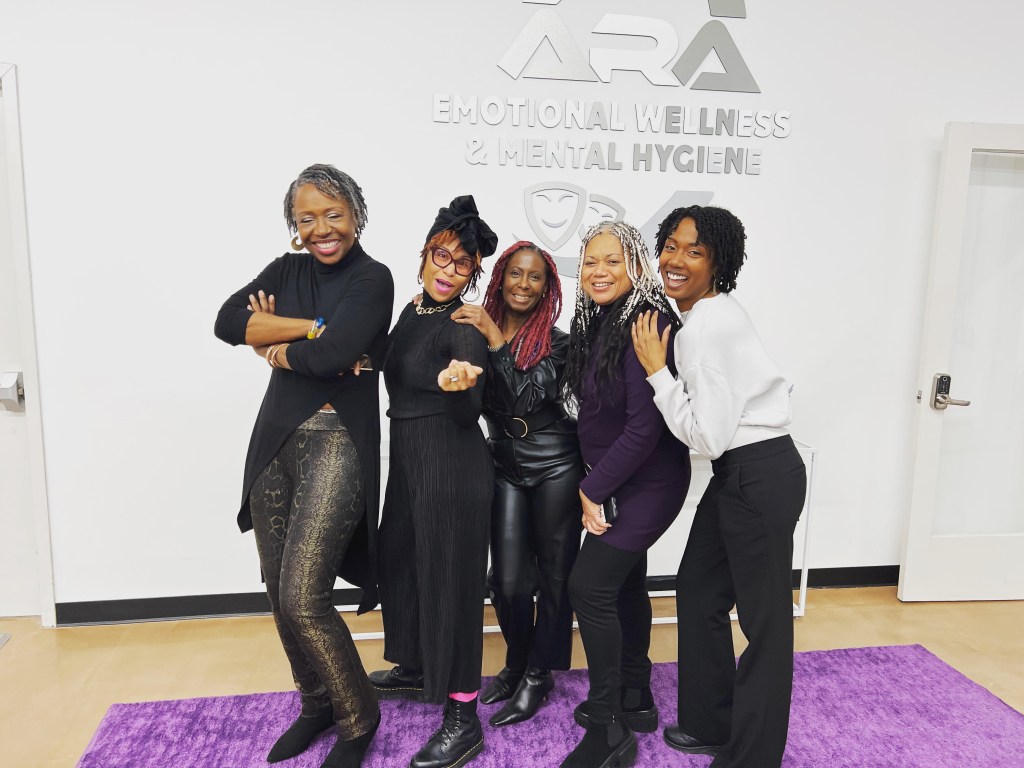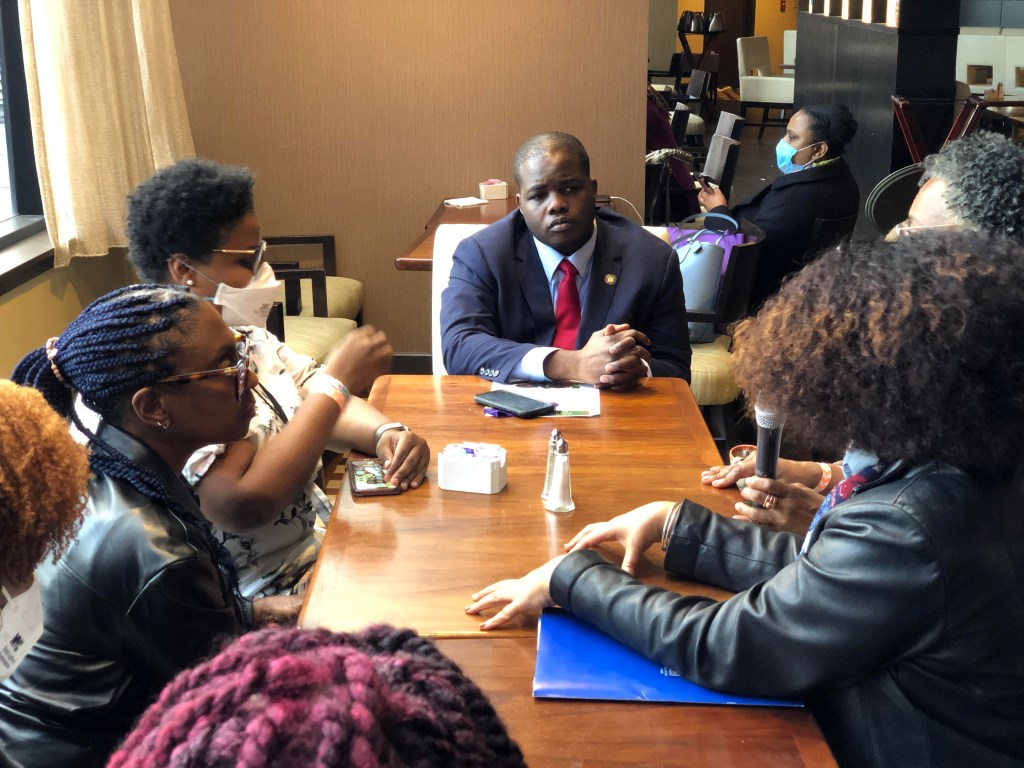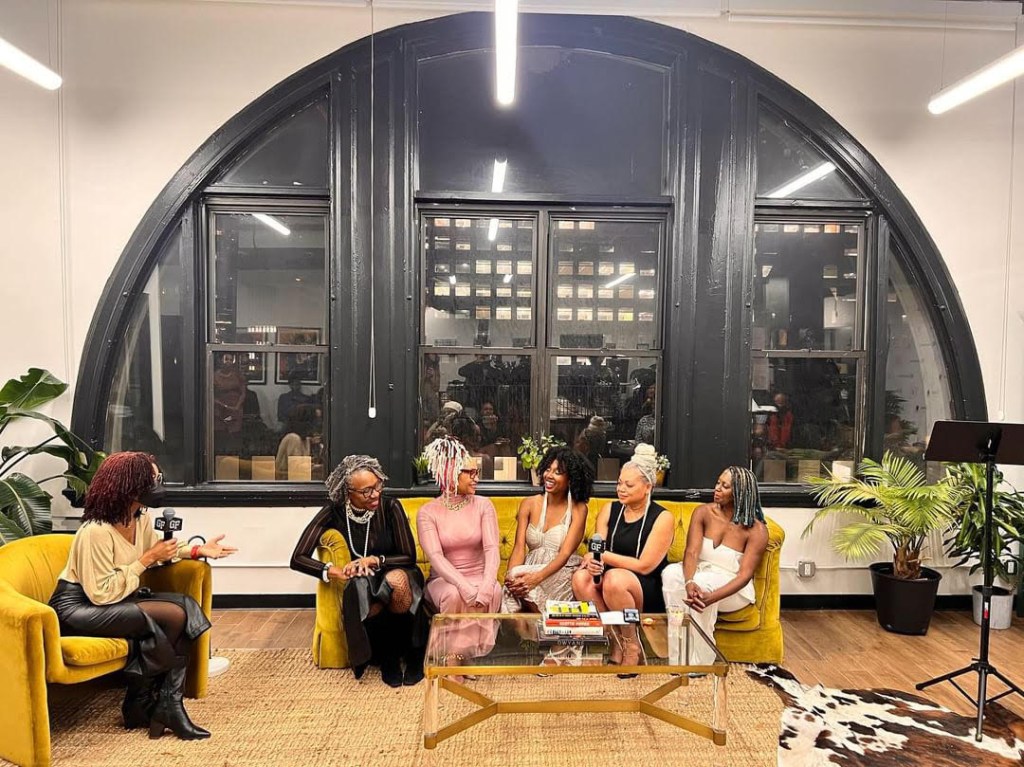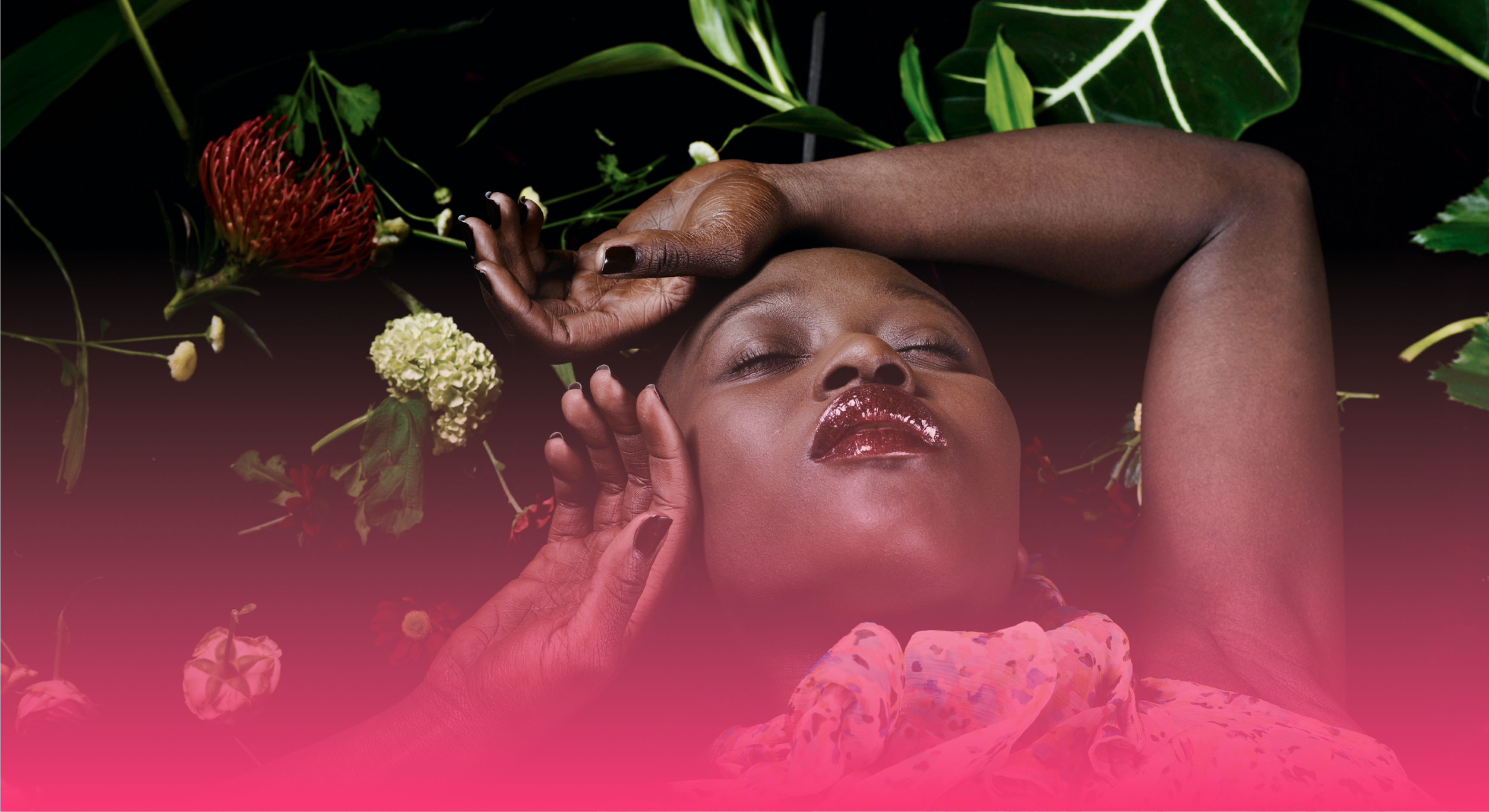The Natural Hairstyle & Braid Coalition Is Fighting For Hair Rights
The Natural Hairstyle & Braid Coalition Is Fighting For Your Hair Rights

Would you visit a natural hair stylist with a week of formal training? If you live in New York, you might have to one day.
There is a proposal to decrease the number of hours required to acquire a license to style natural hair from 300 hours to 40 hours. Senate Bill S5438 has been introduced into the New York State Consumer Protection Committee. It declares that “natural hair styling is distinct and separate from other practices of cosmetology.”
Fighting for The Culture…And The Follicles
The bill’s language emphasizes the role of natural hair styling as a cultural practice. The Natural Hairstyle & Braid Coalition (NHBC) is fighting the bill. The organization is circulating a petition to protest against the reduction in mandated training. They consider it a rollback of consumer protections.
Erin H. Maybin, NHBC Co-Founder explained what she perceives as the dangers of the bill passing. “If we were to reduce the hours to 40, we’re not keeping public health and safety in mind,” she told HelloBeautiful. “Individuals will lack training and education.”
The Natural Hairstyle & Braid Coalition defines itself as “a group of leading advocates and experts in the Black hair care space, is speaking out and available for interviews, commentary, and op‑eds on these critical issues.” Their mission is “to protect the cultural, professional, and health integrity of Black hair.” Maybin is an experienced licensed beauty professional and a member of the New York State Appearance Enhancement Advisory Committee. She has a history of advocating for well-rounded curriculums, fair examinations, and updated legislation that educates and uplifts stylists.
Section two of the bill states a significant portion of the 40 hours of specialized training would focus on “on health and safety protocols,” but Maybin believes a training length amounting to a week of work isn’t enough. “There’s a standard,”she said. “It’s its own industry.”
Maybin pointed out that there has already been an erosion in professional standards. “There’s a lack of health, safety, education, and understanding business professionalism,” she said.
Focusing On Science

Many on social media agree with her. Discourse surrounding the replacement of sacred salon spaces with argumentative booking pages has been floating around the internet for years. New York is not the only state that is considering lowering the barrier to entry to style natural hair. Several bills have created pathways for stylists who might be shut out of the beauty industry previously.
There are people operating as stylists that insist their clients arrive “washed and blow-dried” instead of beginning the process by safely cleaning their scalps as recommended.
She expressed concern about stylists being unable to recognize when they should turn a client away due to health concerns such as traction alopecia. “A lot of times, they don’t know,” she said. “How many Black women do you know that they might have the whole ceiling missing, right? But they’re still going to get their hair braided.”
Her goal is not to ignore cultural practices in beauty but to expand their reach with education.
“It’s an art and science, and we have to be more based in the science,” Maybin continued.
She combatted the idea that the cultural connections associated with natural hair negate the need for extensive effective training. “
“That’s not something you know because your grandmother taught you,” she added. “Maybe the art of braiding is what you learned, but when it comes to understanding scientific terms of disease, you need to go and be educated.”
She expressed dismay at the “the lack of awareness and understanding of scalp disorders” many would-be natural hair stylists have.

Feeling Friction From Fear
Maybin argued that there were not enough professional voices considered in the shifting landscape of natural hair styling across the nation. “It’s really this blanketed approach across the nation without conversation with actual women, Black women that experience day-to-day living with their hair,” she said.
She explained why she thought people were supporting the bill. “I think it’s a matter of misinformation, miseducation, and fear.”
Maybin doubled down on her and her colleagues’ intention to fight that fear with education.
“We’re here to put the care back in hair care because it’s missing, and that care is directly related to Black women’s health.”
DON’T MISS:
Ami Colé Closing Proves Visibility Doesn’t Equal Viability
Oyin Handmade & Hotel Revival Are Bringing Curly Haircare To Travel
Tanner Adell Dishes On Her Favorite Beauty Products, 613 Wigs And Being A ‘Big Baker’













